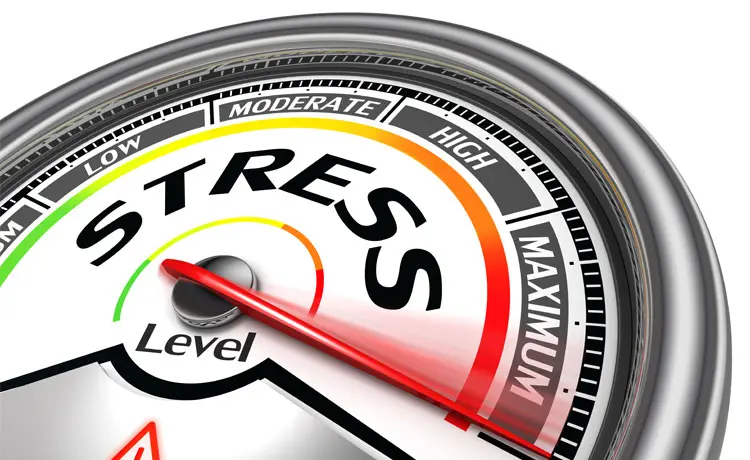Stress is a state of physical and mental arousal that is a normal part of life, especially for emergency responders. In fact, it can even be positive. For instance, stress can help them deal with challenges on the job. However, at times it can become difficult to manage. Stress may be manageable or beneficial (“normal”) or it may be destructive and harmful. Make sure your team maintains its strength and cohesion by ensuring that each team member is managing their stress effectively. Let them know the warning signs to watch out for.
QuickSeries® offers an extensive variety of mental health products related to stress, including Stress Management for Emergency Personnel, which can be used to help your team of emergency responders respond to stressful situations in a healthy way.
Look out for the Dangerous Signs of Stress in Emergency Personnel
When emergency responders deal with too much stress, they may experience symptoms that require immediate action. Let your team members know to look out for the following signs:Physical
- Chest pain or difficulty breathing
- High blood pressure
- Collapse from exhaustion
- Irregular heartbeat
- Dizziness
Mental
- Decreased alertness and concentration
- Feeling disoriented and confused
- Disrupted and slow thinking
- Difficulties making decisions
Emotional
- Panic
- Numb, shock-like state
- Loss of emotional control
- Rage reactions and extreme emotions
Behavioral
- Excessive crying or anger
- Body shakes
- Withdrawing from others
- Physical violence
If any members of your team experience symptoms of extreme stress, urge them to call the National Suicide Prevention Lifeline, which is a 24-hour, toll-free, confidential suicide prevention hotline available to anyone in suicidal crisis or emotional distress, at: 800-273-TALK (8255)
